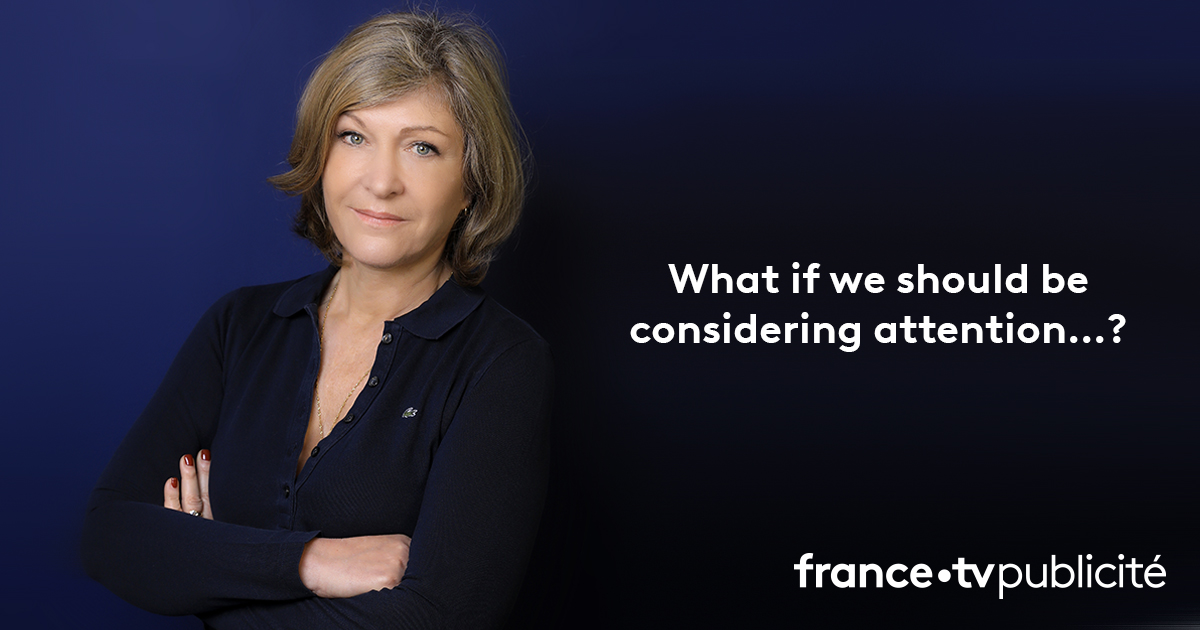
OpEd published 28/03/2023 by Influencia
Certain programmes – documentaries, news, scripted shows – affect us more deeply and for a longer time than others. Why is this?
The simple answer is that these television moments resonate in a special way with our personal or collective experience. It’s the magic of a Cannes Festival opening ceremony and the suspense of watching the contestants on the Fort Boyard gameshow race to solve Père Fouras’ puzzles. It’s also the emotions we share as we watch the Blues fight for a Grand Slam and the many discussions that followed Guy Lagache’s fascinating documentary, A President, Europe and War.
André Malraux drew a distinction between “television to pass the time” and “television to understand our times”. These moments are both witness to and creators of their era. They shape generations by offering shared points of reference, a constant in a stream of ephemeral cultural moments.
To do this, they must be able to hold our attention in an almost-infinite sea of content, creating memories and provoking reflection from within a constant, vertiginous flow of images, starting conversations in the midst of the sound and the fury. This attention-grabbing quality is, as memory specialist and advocate Sébastien Martinez explains, the primary and determining condition for whether an audience will attach to and remember a piece of content.
So, how can we cultivate attention?
As early as 1971, Nobel-Prize-winning economist Herbert Simon demonstrated how an abundance of information causes a deficit of attention. Fifty years later, the volume of content has expanded exponentially, to the point where it is everywhere, all the time. The question is thus more pressing than ever. It’s about moving from a hypnotic, passive state in the face of incessant demands – watching without seeing, hearing without listening – to a conscious cognitive process of concentration, active thought and search for meaning.
Because they have the power to surprise and to carry audiences beyond the nuggets of information produced by algorithms, our documentaries, news programmes and scripted shows invite viewers to take a step back, reflect and decode. They form the basis for discussions and catalyse respectful debates, establishing the framework for a common discourse. These long-format works capture an alert, interested audience who are inclined to recommend them to others. They provoke a movement among those who watch them by expanding knowledge, altering perspectives and transforming behaviour.
At France Télévisions, we care about the diversity of our programmes and our original, unmissable creations and encounters are often events in their own right. They spirit us away with stories that awaken our imaginations and our consciences. They inspire every emotion, reflect us and unite us, comfort us and push us to dream, raise the alarm and shake us to act.
Today, the value is no longer in just being exposed to a programme or an image: attention is the only thing that creates impact.
What this mean for brand communications and advertisements
Of course, the quality of the programme which carries the message is essential. It determines the nature of the connection between the broadcaster and the audience, how closely they are listening and the level of trust. This is why, since 2018, here at FranceTV Publicité we have developed the Quality Rating Point, an indicator measuring the quality of the context programme for advertising messages. Based on the QualiTV scale from Harris Interactive, it takes into account the levels of satisfaction, attention and recommendation of audience for a given piece of content.
The audience experience is a strong contributor to attention and we observe this daily through the management of advertising slots on our channels and at the heart of our France Télévisions platform. We are already paying close attention to the spots/programmes ratio, as we seek a balance that is acceptable to our TV and online viewers, while also of course making sure our advertisers’ messages are as effective as possible.
In 2023, we hope to increase our understanding of the mechanisms at work in determining attention. This is why we have engaged in a two-year research programme, the ultimate goal of which is to create a French standard for attention in multichannel advertising.
This process begins with analysing and consolidating international studies conducted on the subject by countries such as Australia, the US and the UK. We are receiving support for this work from the EGTA, the European Association of Radio and TV Sales Houses. The second phase of this programme will involve creating a national, recognised definition of attention, including determining the most important contributing criteria. The process is conducted alongside with media agencies, who offer valuable experience in this field, a collaboration that is important to us, and with the expertise of the CESP. Finally, to better understand the sociological mechanisms of attention, we are working closely with ERANOS, who specialise in Societal Transformation. Our goal is to model a metric for attention to offer new criteria to advertisers seeking impact.
The results of this project, unprecedented in France, will be revealed at our first edition of Attention Day, where we invite you to join us this coming 29 June.
Marianne SIPROUDHIS,
CEO of FranceTV Publicité


